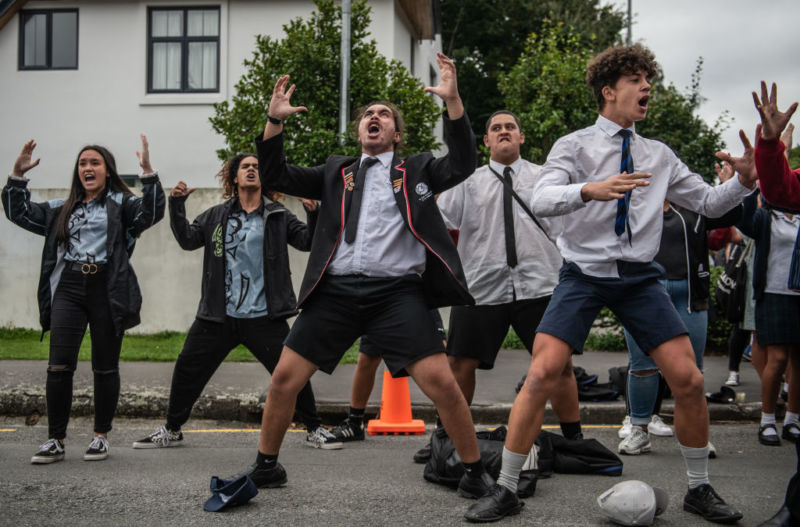
New Zealand Chief Censor David Shanks has determined that the 17-minute video livestreamed during the Christchurch shooting is objectionable under New Zealand law. "It is a record of a terrorist atrocity, specifically produced for the purpose of promoting a hateful terrorist agenda," a press release from New Zealand's Office of Film and Literature Classification states.
Distributing objectionable materials online comes with stiff legal penalties. One man—the 44-year-old owner of an insulation company with alleged neo-Nazi sympathies—has been arrested and charged with two counts of distributing objectionable materials in violation of New Zealand's Films, Videos, and Publications Classification Act. He is being held without bail and could be sentenced to as much as 14 years in prison for each offense.
Another man, an 18-year-old, is also facing charges for sharing the video.
And these two may not be the only ones in New Zealand facing charges for sharing the video. Authorities have asked Facebook for the names of others who have shared it.
Other Kiwis have reportedly lost their jobs for sharing the video with coworkers or viewing it at work, according to the New Zealand Herald.
Another woman has been "arrested on suspicion of inciting racial disharmony after a hateful message was posted to her Facebook page." Such posts may run afoul of New Zealand's Human Rights Act and can carry a fine as high as NZ$7,000 ($5,000).
reader comments
407